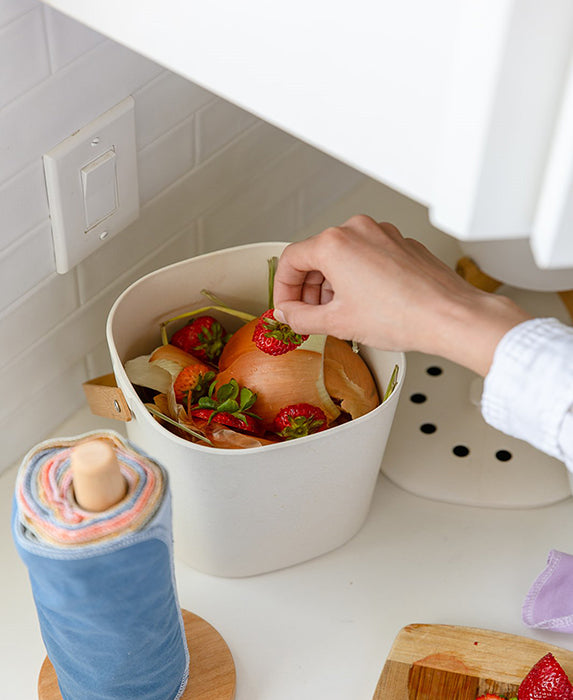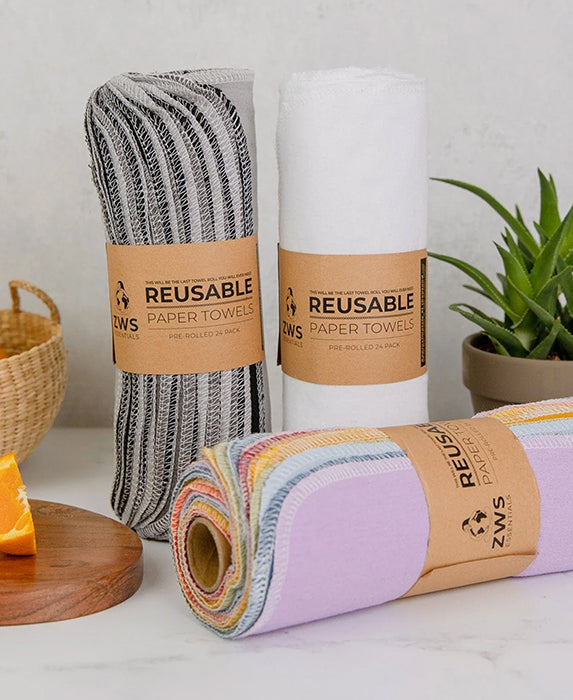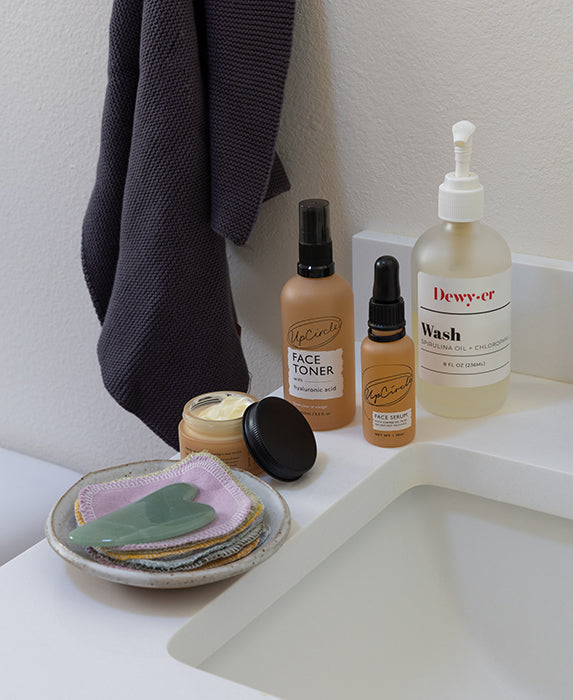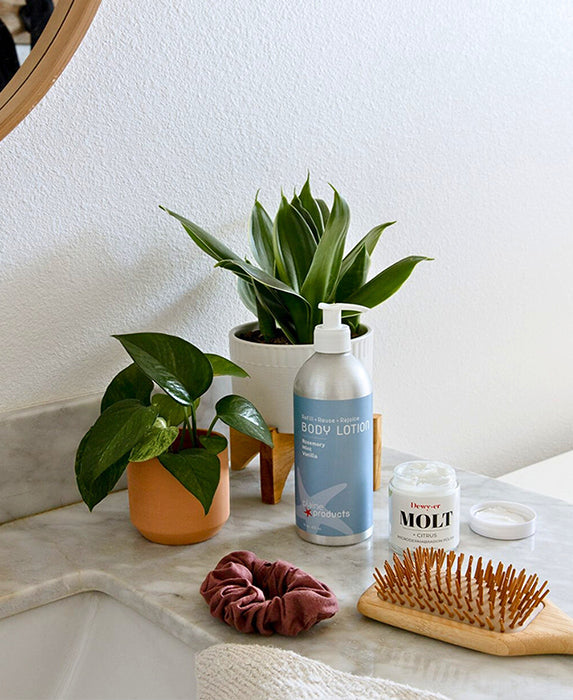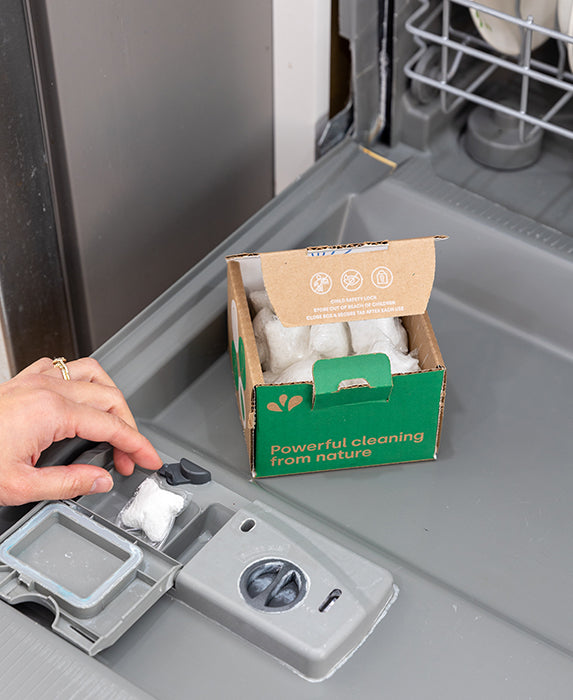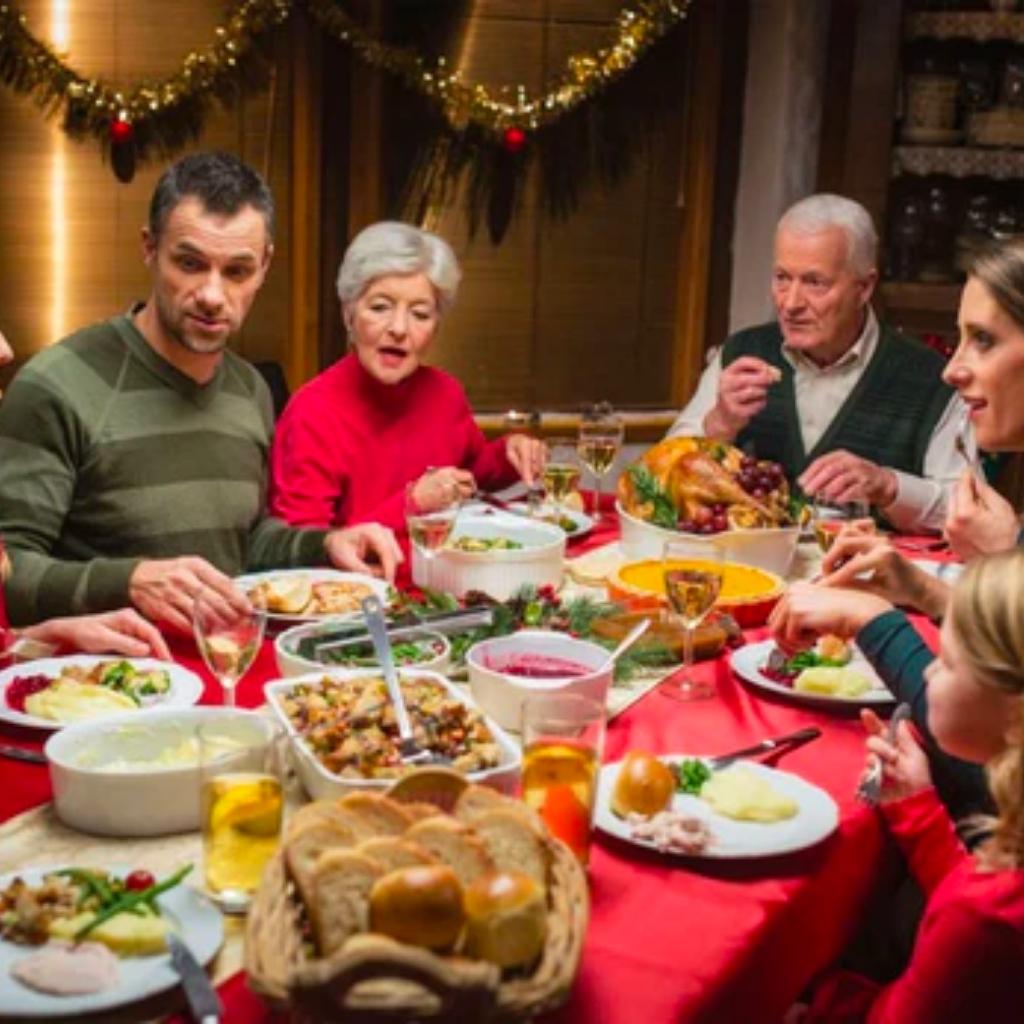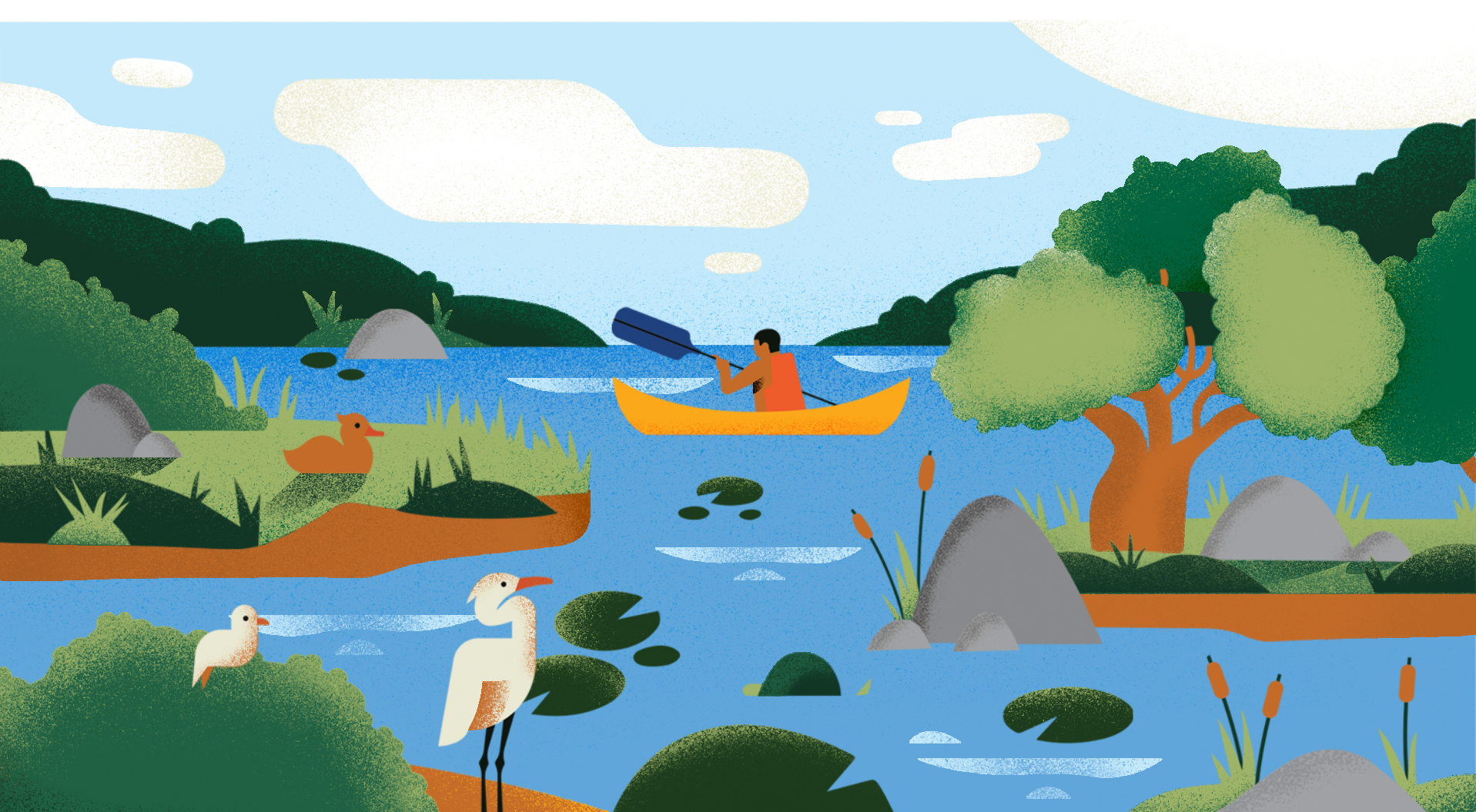Despite the perfectly direct bus route (that has a stop right outside my apartment complex), here I am driving my car to work today and contemplating the end of the world. Sure, I’ve hopped on the bus two or three times before, biked five or six times, but those alternative transportation stints have only lasted so long.

The car I drive to work isn’t electric, it isn’t even a hybrid. It’s just another automobile that emits invisible carbon dioxide in to the ever-growing greenhouse gas-filled atmosphere as I sit in traffic on Highway 36. Of course, I feel guilty, I’m contributing to pollution and climate change on a daily basis. We pretty much all are in one way or another. But like most people, I’m easily overwhelmed by this thought and don’t want to feel ashamed and anxious about it all the time. So, today, I push those feelings aside, open my car door when I arrive to the office, and am on my way.
Eco-Anxiety: What is it?
This overwhelming feeling of emotional distress is a phenomenon that more and more people are starting to feel. It’s called eco-anxiety or eco-guilt and it doesn’t appear out of thin air. Where does this looming, murky, apocalyptic feeling come from?

Well, for starters, pick up any newspaper and read the headlines that plague this generation’s everyday life. ‘Our planet is dying, we’re on the cusp of the 6th mass extinction, there’s too much carbon in the atmosphere, the whales are dying, the climate is changing, the fires are raging, and it’s irreversible’ – HOLY CRAP. How are we supposed to live our lives AND remain kind AND take action to create positive impact when we’re reminded of our own annihilation on a daily basis?
Not only that, but we’re living in a society that’s contributing to the environmental crises and harming human health on a mass scale every single second we exist. That is a HUGE pill to swallow! It’s paralyzing to think about all the time, so we keep moving and set our anxieties aside so we can go about business as usual. Meanwhile, that uneasy feeling is growing larger in the back of our minds until one day we wake up in a panic about the state of the world and FLIP out on our partner for not rinsing the almond butter jar well enough so that it can be properly recycled.
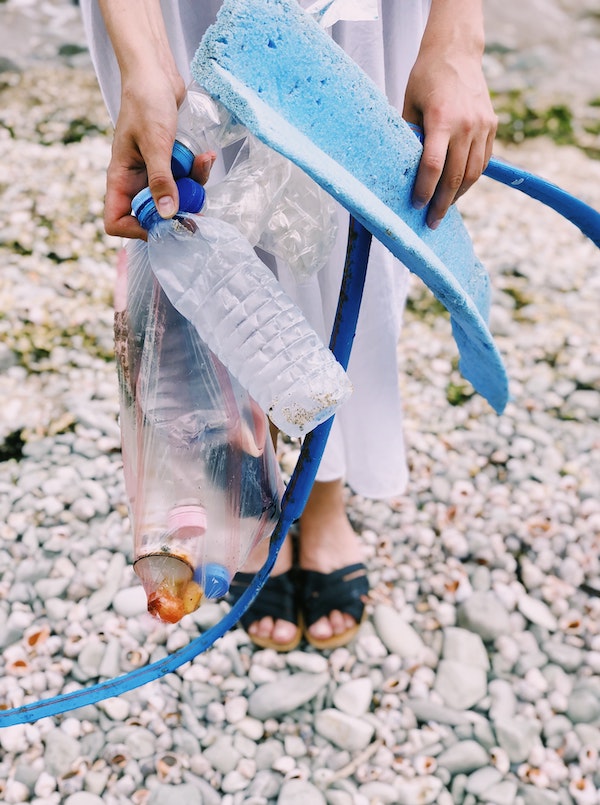
In his book, In the Realm of Hungry, Dr. Gabor Matéexplores how the world around us impacts our psychology. His research explains three factors that universally lead to stress for human beings: uncertainty, lack of information, and loss of control. All three apply to our understanding of the fate of our world. Uncertainty: will our future generations have an inhabitable planet to live on? Not sure. Lack of information: politicians are still debating whether science is something we can rely on (spoiler alert: it is). Loss of control: things that are really hard to wrap our minds around are happening at an exponential rate. Greenhouse gases, population increase, consumption, resource depletion, and species extinction. Check, check, and check. Are you stressed? I’m stressed.
Reasonably, most of us deal with stress is by either ‘staying positive’ and choosing not to dwell on it or going into fix-it mode. Both can leave you feeling worse than ever, and it’s unsustainable in the long run. When we don’t feel like dealing with the emotion and push fear, guilt, and anxiety away, all those feelings don’t actually go anywhere.
Think of your emotions as little alarms. They are SO smart and helpful as they pop-up throughout the day while you take in information. They can let you know that you’re having a great day when you feel happy with the interactions and input you’ve received that day. They can also let you know that you’re burnt out in your ability to comprehend and process sad information. When you’re feeling things like guilt, anxiety, and stress, your emotional alarm is telling you that it’s ready to be taken out of your psyche’s pressure cooker.

Releasing the steam on your emotional Instant Pot can be challenging and looks different for everyone. My personal favorite way to help release some eco-anxiety build-up is taking a moment to pause when I feel the alarm go off. I acknowledge the emotion, thank it for existing in my body and mind, and take a deep breath into the space that it occupies. It can also look like screaming into a pillow, taking a nice long bath, or drawing little mustaches on every picture of Donald Trump you come across that day. The point is, feelings are meant to be felt, and when you don’t acknowledge your emotions, the alarms get louder and louder until your Instant Pot brain needs to be released for way longer than you expected (aka burn-out).
Alternatively, some of us go into fix-it mode when we hear that there’s a problem. It’s natural to pull out your superhero cape when something needs solving and you have the ability to make a difference. You may try to make drastic changes in your individual lifestyle: going vegan, become an activist and lobbying for environmental rights, or quitting your job to volunteer at a conservation non-profit for 6-months. Don’t get me wrong, those are all GREAT and necessary steps to work towards collective change, but you may have a continuous feeling of overwhelm because you never quite feel like you’re doing enough.
There will always be something else to do when it comes to taking action for the sake of Mama Earth, but the most important part is to take action internally first. However you choose to deal with the emotional side of waking up to our planet’s problems, the most valuable thing you can do is honor the pain.

Most of us are experiencing some manifestation of pain and suffering as we awaken to the destruction and decline of our home, planet Earth. It’s a totally natural reaction! What we do with that pain and suffering, though, is so, so important.
Joanna Macy, author and environmental activist, suggests that honoring the pain is a crucial step of the “Work that Reconnects”. This is a personal endeavor that walks you through your difficult emotions so that you can reconnect authentically with your place on earth. In the “Work that Reconnects”, there are four successive movements that map out an empowerment process into working with your eco-anxiety and eco-guilt. It should be noted that acknowledging our distress for the state of the world doesn’t necessarily mean that those feelings of anxiety, outrage, guilt, and grief will disappear. It does mean that rather than feeling afraid of that pain and pushing it away, we can use it as a tool to transform the emotion and be strengthened and energized by it. Bye-bye burn-out.
The first step is to come from gratitude.
Think of all the things you are grateful in this world, including your connection to nature and the wonder of the natural world around you. This helps build up a strength within you that can help support you in the next step.
Honor the pain you feel for the world.
The feelings we are experiencing are a normal, healthy response for a world in trauma. Give yourself space and time to dedicate attention to the pain and suffering you are experiencing or have pushed away. In our western culture, it is often forbidden territory or socially unacceptable to admit our negative feelings and grieve. Allow yourself to know that this is such an important step, whether you do it alone, in nature, or in a safe community. We can break through the taboos that originally silence our distress in the first place. Our pain for the world is an alert to the danger of the world we’re in as well as a deep caring for the world we’re part of.
The third step is to see with new eyes.
By allowing ourselves to experience our pain, we’re no longer using the energy to bypass or repress those emotions. We can now direct that energy towards understanding our power to make a difference.
Which brings us to the last movement: going forth.
In going forth, we are empowered to create a new vision of how we can act responsibly and sustainably for the healing of our world. In doing these four steps, you now have the power to make the decisions that will affect how you want to see the change in the world, and the emotions that go along with that. As you awaken your connection to the natural world, you can go forth in your everyday life and embody that new vision of who you want to be.
The next time you pull out your wallet to buy something, you can be a conscious consumer. You can look at aspects of a product and their associated company to make sure it’s in alignment with the responsible and sustainable vision we must embody to make progress. You have the power to put earth first with every purchase and decision you make. Because choices make changes.
With the holidays fast approaching, it’s time to think about gifts for family, friends, co-workers, and pets. Your eco-anxiety may be acting up; how can I possibly buy another plastic toy for Timmy? What on earth can I get for my parents or children that won’t add to the earth’s overcrowded landfill in less than six months? What can I treat my friends to that won’t add more pollutants to the atmosphere during the manufacturing process? How can I feel good about getting everything I need for the holidays without adding to my eco-anxiety and guilt?
There’s so much to consider and research to do, where do you even start? As the world starts to become conscious of the environmental crises and our relationship to the planet, there are more and more resources popping up to help you create individual changes that will in turn affect systemic change.
Websites like EarthHero make it easy for you to find about each product and company in full transparency. You can read all about the sustainability features as well as the mission of each company and the positive impact they are having on the earth! As a consumer with purchasing power, and more importantly a residence of our collective home planet Earth, you should know what your shopping decisions entail for yourself and this earth.

As you dive in to your emotional eco-journey and start to make changes in your everyday lifestyle, just remember that perfection is not sustainable. If you try to make all the changes, you’ll most likely get overwhelmed and burn out altogether. Start by identifying areas of your life that make you feel that anxiety, overwhelm, and guilt. Then take that time honor those emotions. Choose one or two of those lifestyle habits or occurrences (like holiday shopping) and use your new-found perception to move towards sustainable changes.
If it’s too expensive, like buying a new electric car or going solar, start with something smaller. Saying no to plastic, starting a compost, and just reducing what you throw away every day can really add up! Don’t feel guilty if these changes in your lifestyle don’t match that of the eco-lifestyle warriors on social media. Most importantly, celebrate your accomplishments. Every change, no matter how small, is something to pat yourself on the back for. You’re transforming your very challenging feelings and emotions into sustainable changes. That’s no easy task!
This guest blog was written by Meredith Doherty, an EarthHero team member and student pursuing a Masters of Arts in Ecopsychology at Naropa University in Boulder, Colorado. She is deeply passionate about changing consumerism towards a more sustainable system, and is committed to learning about sustainable and eco-friendly business practices through a contemplative understanding of the human connection and responsibility to the natural world. Thanks for sharing your insight, Meredith!

